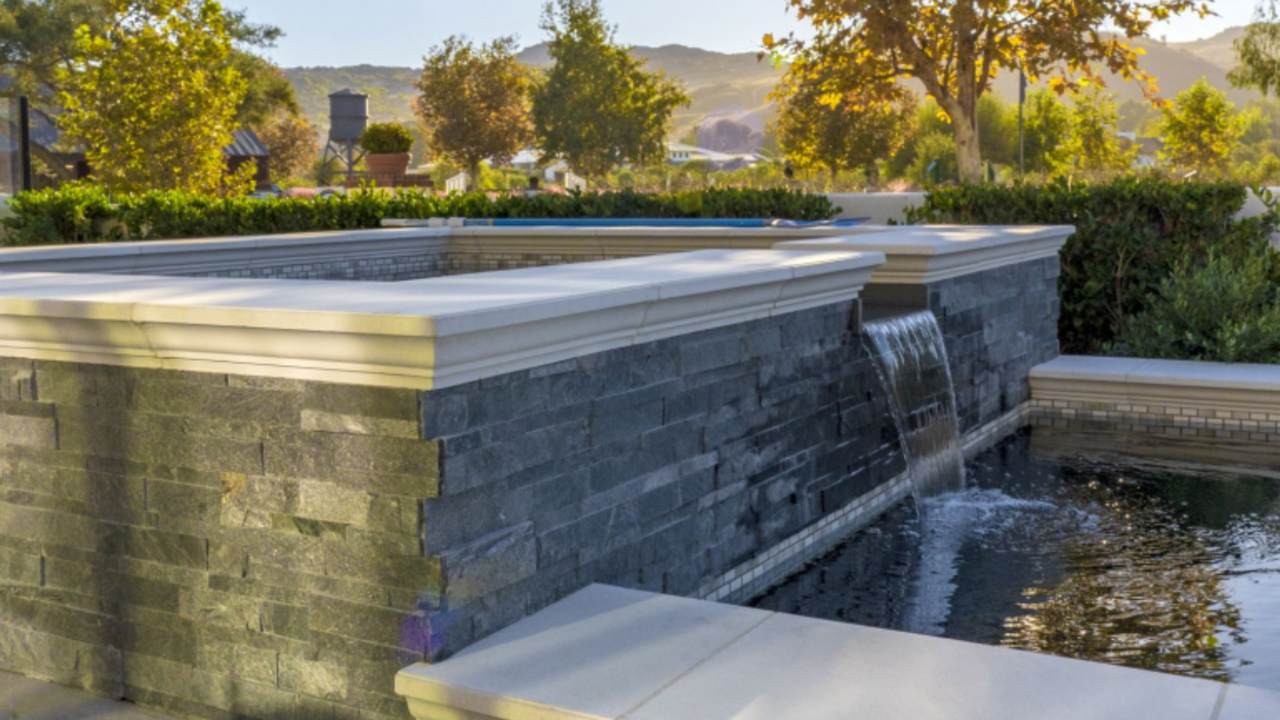
Retaining wallsRetaining walls are structures designed to hold back soil and prevent erosion in landscapes with var... is a significant investment in any property, providing both functional and aesthetic benefits. They play a crucial role in preventing soil erosion, creating usable outdoor spaces, and enhancing the overall appeal of your landscape.
However, like any outdoor structure, retaining walls are exposed to the elements, and one of the most formidable adversaries they face is water.
Water can be a formidable adversary for retaining walls. If allowed to seep into the wall, it can wreak havoc on its structural integrity. Water penetration can lead to several issues:
Given these potential consequences, waterproofingWaterproofing is the process of applying a protective barrier to surfaces, such as walls, foundation... your retaining wall is a crucial step in safeguarding your investment and ensuring the wall's longevity.
Several methods can be employed to waterproof retaining walls, each with its own advantages and considerations:
Investing in retaining wall waterproofing offers four noteworthy benefits:
While understanding the importance of waterproofing is crucial, the actual process requires careful planning and execution. Here's a general overview of how to waterproof a retaining wall:
Waterproofing your retaining wall is a crucial step in ensuring its longevity and protecting your investment. The method you choose will depend on various factors, including the type of retaining wall, your local climate, and your budget.
To ensure the job is done correctly and effectively, it's advisable to consult with a qualified hardscape contractor experienced in retaining wall waterproofing. Their expertise will provide you with peace of mind, knowing that your investment is well-protected against water-related threats.
Retaining wall waterproofing is a task that requires precision and expertise. Consulting with a qualified professional, such as a hardscape contractor experienced in retaining wall constructionRetaining wall construction involves building walls that hold back soil and create level areas in la... and waterproofing, is essential.
They can help you determine the most suitable waterproofing method for your specific wall type, climate conditions, and budget.
Moreover, professionals understand the intricacies of proper waterproofing application and can ensure that the job is executed correctly from start to finish. Their experience can save you time, money, and potential headaches in the long run.
Retaining walls serve as vital components of your landscape, offering structural support, aesthetic enhancement, and functional usability of your outdoor spaces. However, these valuable structures are susceptible to water-related damage that can compromise their integrity.
Waterproofing your retaining wall is an investment in its longevity and the protection of your property. It prevents water damage, soil erosion, and the potentially catastrophic consequences of hydrostatic pressure.
Understanding the different waterproofing methods and their benefits is essential when considering this protective measure. Whether you choose sheet membrane waterproofing, liquid membrane waterproofing, or integral waterproofing, the decision should align with your wall's type, your local climate, and your budget.
Lastly, the assistance of a qualified hardscape contractor is invaluable. Their expertise ensures that your retaining wall is properly waterproofed, providing you with peace of mind and the confidence that your investment is secure.
Ready to safeguard your retaining wall investment and protect your property from water-related damage? Consult West Hills Masonry's expert hardscape contractors today to explore the best waterproofing options tailored to your needs. Ensure the longevity and structural integrity of your retaining wall—reach out for a consultation with West Hills Masonry now!
With years of experience in hardscape construction and retaining wall projects, we understand the importance of effective waterproofing. We'll guide you through the selection of the most suitable method, considering factors such as wall type, local climate, and budget constraints. Whether you opt for sheet membrane waterproofing, liquid membrane waterproofing, or integral waterproofing, our team ensures meticulous application and top-quality results.
Don't leave your retaining wall vulnerable to water damage, erosion, or hydrostatic pressure. West Hills Masonry's professionals provide peace of mind. Contact us today at 714-519-5009 to schedule a consultation, and let's fortify your retaining wall for years of beauty and structural soundness.
 Carlos Gonzales
Carlos GonzalesLocations We Serve
Schedule A Consultation